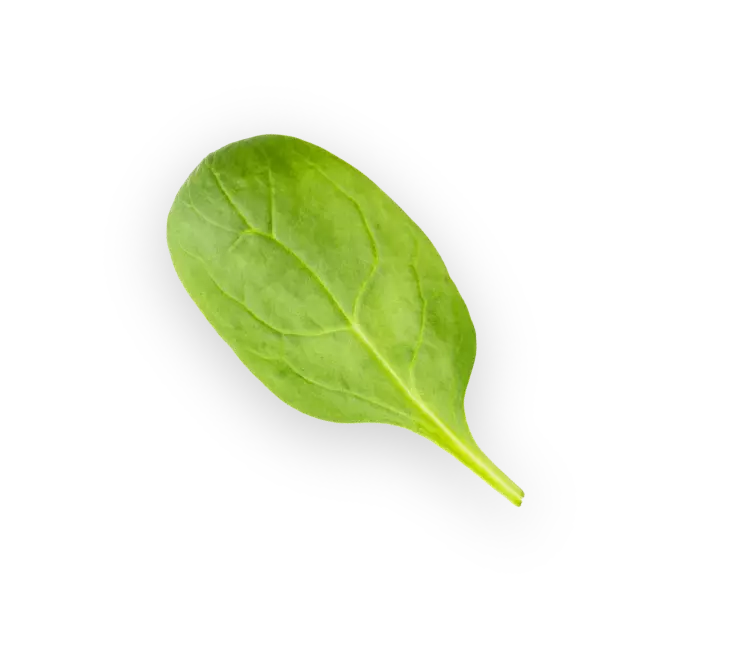Customizable High-Protein Meal Planner & Generator
Build a customizable high-protein meal plan in seconds. Just edit your profile to match your specific goals/preferences and then click 'Generate Plan' (or 'Regenerate').
To use this tool with your clients please check out Strongr Fastr's meal planning software for fitness professionals.
What foods are high in protein?
Here are some of the best high-protein foods with their protein content per serving:
- Chicken breast (cooked, 100g): 31g protein (80% protein)
- Lean beef (cooked, 100g): 26g protein (72% protein)
- Tuna (canned in water, 100g): 30g protein (94% protein)
- Greek yogurt (non-fat, 100g): 10g protein (60% protein)
- Cottage cheese (low-fat, 100g): 11g protein (50% protein)
- Eggs (1 large): 6g protein (35% protein)
- Lentils (cooked, 100g): 9g protein (27% protein)
- Tofu (firm, 100g): 8g protein (40% protein)
- Whey protein powder (1 scoop, 30g): 24g protein (80% protein)
- Salmon (cooked, 100g): 25g protein (62% protein)
- Edamame (100g): 11g protein (37% protein)
- Quinoa (cooked, 100g): 4g protein (15% protein)
How much protein should I eat per day?
For optimal muscle maintenance and growth, most people should aim for 0.8-1g of protein per pound of body weight daily. If you're very active or trying to build muscle, you might benefit from up to 1.2g per pound. For a 150-pound person, that's 120-150g of protein per day. Athletes and those doing intense strength training may need even more. The high-protein meal planner will calculate your exact needs based on your profile and goals.
Why is protein so important for my body?
Protein is essential for building and repairing muscles, producing hormones and enzymes, supporting immune function, and maintaining healthy skin, hair, and nails. It also helps you feel fuller for longer, which can aid in weight management. Unlike carbs and fats, your body doesn't store protein, so you need to consume it regularly throughout the day.
When should I eat protein during the day?
For best results, spread your protein intake evenly throughout the day, aiming for 20-40g per meal. Having protein at breakfast can help control appetite all day. Post-workout protein (within 2 hours) helps with muscle recovery and growth. Many people benefit from a protein-rich snack before bed to support overnight muscle recovery.
Can eating enough protein help me lose weight?
Yes! High protein intake is crucial during weight loss because it preserves lean muscle mass while you're in a calorie deficit. When you lose weight without enough protein, you lose both fat and muscle. But with adequate protein (at least 0.8-1g per pound of body weight), your body preferentially burns fat while maintaining muscle. This is critical because muscle tissue burns more calories at rest than fat tissue, so preserving muscle keeps your metabolism higher, making fat loss happen more rapidly and sustainably. Plus, protein requires more energy to digest than carbs or fats (called the thermic effect), meaning you burn more calories just processing it.
What are the best plant-based protein sources?
Excellent plant-based proteins include legumes (lentils, chickpeas, black beans), soy products (tofu, tempeh, edamame), quinoa, hemp seeds, chia seeds, nuts and nut butters, spirulina, and nutritional yeast. Many plant proteins are 'incomplete,' meaning they don't contain all essential amino acids, so it's important to eat a variety throughout the day. Combining grains with legumes (like rice and beans) creates a complete protein profile.

